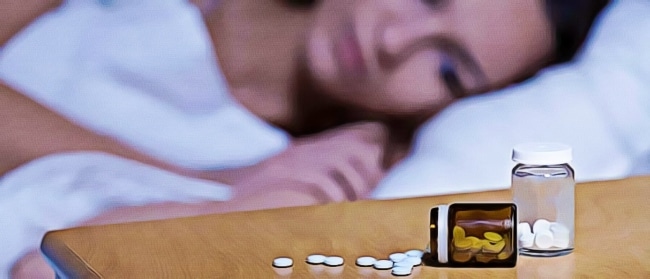Understanding the Basics of Melatonin and Its Importance
Melatonin, often referred to as the “sleep hormone,” is crucial in regulating our sleep-wake cycle. It’s produced by the pineal gland in the brain and signals to our body when it’s time to sleep. This hormone’s levels typically rise in the evening and fall in the morning, aligning with our natural circadian rhythms. Given its vital role in our sleep health, understanding how various substances, including alcohol, interact with melatonin is essential for maintaining a healthy lifestyle.
The Impact of Alcohol on Melatonin Production
Alcohol is a depressant that affects the central nervous system, and its consumption can have various impacts on sleep quality and the body’s natural rhythms. Studies have shown that alcohol can significantly alter melatonin production, disrupting the natural sleep cycle. Drinking alcohol before bed can decrease melatonin production, leading to difficulties in falling asleep and maintaining sleep throughout the night. This disruption not only affects the quantity of sleep but also its quality, as alcohol can interfere with the REM stage of sleep, which is crucial for memory and learning.
For further reading on how alcohol affects melatonin and sleep patterns, the National Institutes of Health (NIH) provides comprehensive resources and research findings. Explore the NIH’s insights on alcohol and sleep.

The Consequences of Mixing Melatonin Supplements with Alcohol
With the rising popularity of sleeping supplements as a sleep aid, it’s important to be cautious about mixing these with alcohol. The combination can intensify the effects of alcohol on the body and may lead to increased drowsiness, potential respiratory issues, or exacerbate the depressant effects on the central nervous system. It’s crucial to consult healthcare professionals before combining these two supplements to avoid any adverse effects.
Strategies for Managing Sleep Health
For those looking to improve sleep quality, considering the impact of alcohol on sleeping supplements production is a good start. Here are a few strategies:
- Limit alcohol consumption, especially before bedtime, to avoid disruptions in your sleep cycle.
- Establish a regular sleep schedule, aiming for 7-9 hours of sleep per night.
- Create a bedtime routine that encourages relaxation, such as reading or meditation.
- Consider natural ways to boost melatonin levels, like reducing exposure to blue light from screens before bed.
Seeking Support for Substance Misuse
If you or a loved one are navigating the complexities of substance use, particularly in relation to sleep health, it’s crucial to seek support. Organizations like Alternative Addiction provide resources and guidance for those looking to understand and overcome substance-related challenges. Reaching out for help is a positive step towards recovery and establishing healthier habits.
In summary, while melatonin plays a critical role in our sleep health, the consumption of alcohol can negatively affect its production and disrupt our natural sleep cycle. By understanding the interaction between these substances and adopting healthier habits, we can improve our sleep quality and overall well-being. If challenges persist, don’t hesitate to seek professional advice and support.
Source: https://www.ncbi.nlm.nih.gov/pmc/articles/PMC4527058/




